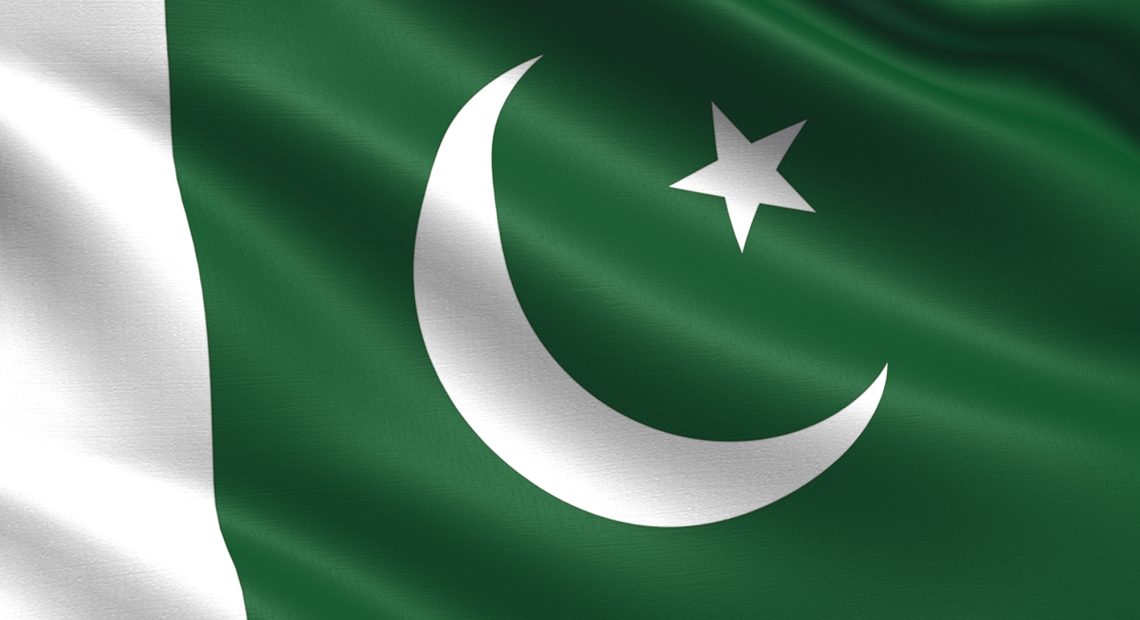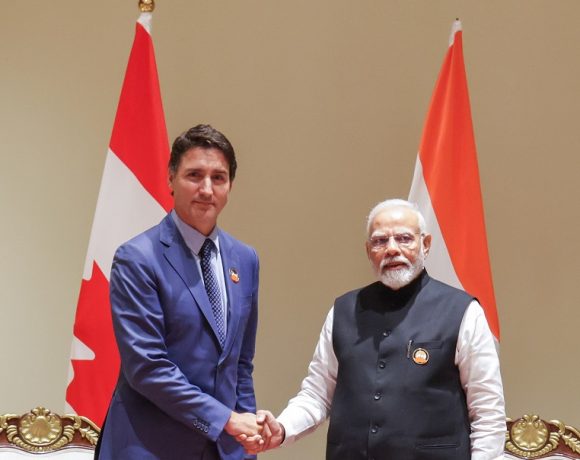
Pakistan to Chair UNSC Taliban Sanctions Committee in 2025
In a notable move on the global diplomatic stage, Pakistan has been appointed to chair the United Nations Security Council’s Taliban Sanctions Committee for 2025. This committee, known formally as the 1988 Sanctions Committee, is responsible for overseeing the enforcement of international measures targeting individuals and entities associated with the Taliban. These include travel bans, asset freezes, and arms embargoes directed at those undermining peace and stability in Afghanistan.
Pakistan’s Permanent Representative to the United Nations, Ambassador Asim Iftikhar Ahmad, will take charge as the chair of the committee. The appointment coincides with Pakistan’s non-permanent membership in the UN Security Council for the 2025–2026 term. The committee plays a pivotal role in maintaining international pressure on the Taliban regime and affiliated organizations, especially in light of the Taliban’s increasing isolation and ongoing human rights concerns within Afghanistan.
Expanded Role in Global Counter-Terrorism Framework
In addition to its chairmanship of the Taliban Sanctions Committee, Pakistan has also been appointed vice-chair of the Counter-Terrorism Committee under UNSC Resolution 1373, a key body monitoring global counter-terror strategies. Furthermore, Pakistan will co-chair two Informal Working Groups—one on documentation and procedural matters and another on general sanctions-related issues. These roles collectively enhance Islamabad’s influence within the UN’s multilateral counter-terrorism architecture.
The leadership assignments provide Pakistan with a diplomatic platform to shape the narrative on terrorism and sanctions implementation. It also places added international scrutiny on how Pakistan navigates its internal security challenges, especially concerning groups like the Tehrik-i-Taliban Pakistan (TTP), which continue to pose threats within and beyond its borders.
Strategic Implications and Global Perception
Pakistan’s ascent to leadership roles within these powerful UNSC bodies has been met with mixed reactions. Diplomatically, it is seen as a win for Pakistan’s foreign policy apparatus and a moment of recognition from the international community. However, critics have questioned the suitability of the appointment, pointing to Pakistan’s past record on harboring sanctioned individuals and its strained history with counter-terror enforcement.
The development has also sparked concerns in New Delhi, where political leaders have expressed dismay over what they see as a strategic blunder in global diplomacy, fearing it could soften enforcement against Taliban-linked entities and embolden regional extremist actors.
Nevertheless, Islamabad’s new responsibilities carry the burden of accountability. The global spotlight will remain fixed on how Pakistan balances its regional ties, domestic security challenges, and newly acquired custodianship over some of the UN’s most sensitive sanctions enforcement duties. Whether it uses this platform for genuine international cooperation or strategic leverage remains to be seen.


















